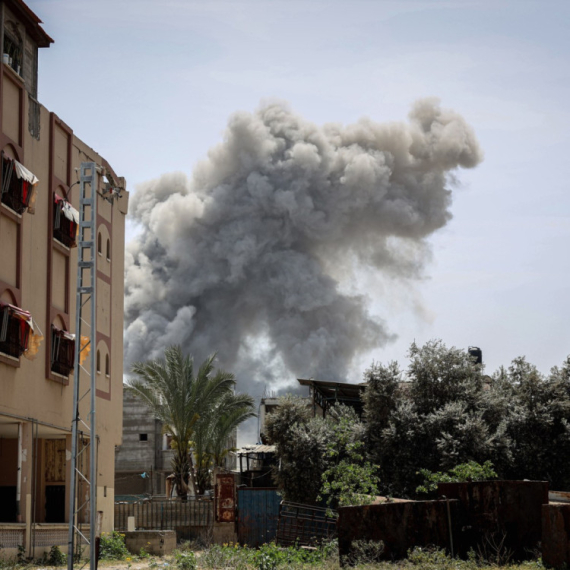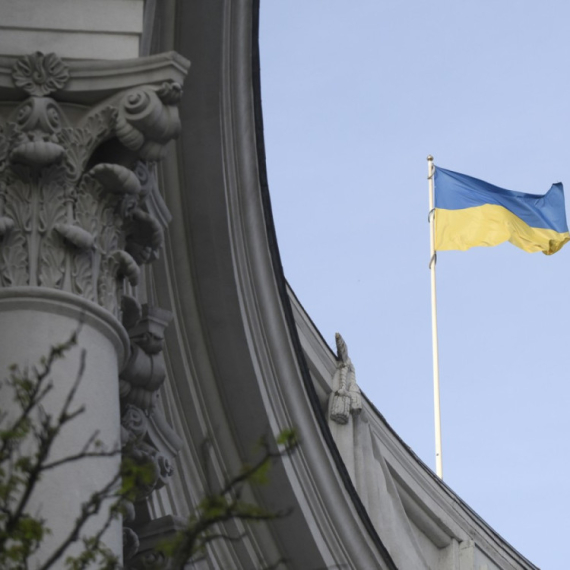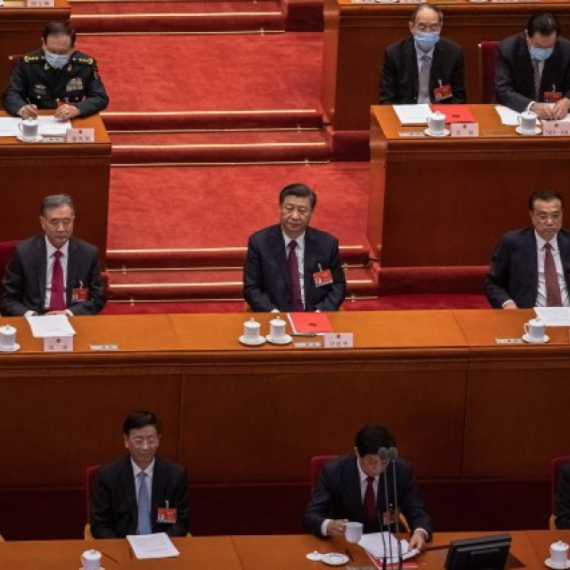“Greatest suffering at least risk”
David Harland, longest-serving UN official in Bosnia testifies in Dragomir Milošević trial.
Tuesday, 16.01.2007.
17:22

“Greatest suffering at least risk”
David Harland was the head of UN Civil Affairs in Bosnia and Herzegovina from May 1993 until the end of the war and for a while afterwards.Yesterday he testified at the trial of Dragomir Milošević, former commander of the Bosnian Serb Army (VRS) Sarajevo-Romanija Corps. Harland said that the basic activity of the Corps was “to use the tools of terror [artillery and snipers] against the civilian population”.
Harland met the accused general in 1994 and 1995 at various negotiations where cease-fire and the cessation of sniper activities were on the agenda. He described Milošević as a “strong personality” and a “firm commander”, “stronger and firmer than his predecessor, General Galić”.
The indictment covers the period between August 1994 (when General Milošević took over the command of the Sarajevo-Romanija Corps) until the end of the war in November 1995.
Harland’s observation that the situation in Sarajevo deteriorated suddenly in late 1994 might therefore be relevant for the case. He went on to say that from that time on, the Serb forces increased the direct pressure by shelling and sniping attacks, cutting off power and water supply, blocking the humanitarian aid bound for Sarajevo and closing down the airport.
Since David Harland’s testimony at the Slobodan Milošević trial was admitted into evidence, his examination-in-chief took a relatively short time. The prosecutor asked him to clarify some of the statements he had made the previous time and to confirm the authenticity of a number of UN documents which he either had drafted or had been acquainted with in some other way.
Those were mostly documents on the artillery and sniper attacks the VRS launched on Sarajevo, a harsh humanitarian situation in the city caused by the lack of food, water and power, restrictions imposed on the freedom of movement of the UN representatives or UNPROFOR protests against cease-fire violations or violations of agreements on the cessation of sniper activities.
General Milošević’s defense counsel Branislav Tapušković started his cross-examination with the claim that according to the land registry, Serbs owned more than 65 percent of the Bosnian territory. Harland replied that his Serb interlocutors would often pull this argument.
His office “did a little enquiry, determining that this was “manipulation and propaganda”. He reminded the court that Slobodan Milošević had made a similar claim in 2003, during his cross-examination, and showed him an “ethnic map” of the greater Sarajevo area on which Igman and Bjelašnica were marked as “Serb property”.
About 30 percent of the BH territory, Harland explained, is uninhabited and owned by the state, while in towns such as Sarajevo most of the property was socially owned. The claim that 65 percent of the territory was owned by Serbs is thus “inaccurate and misleading”, according to him.
Judge Robinson interrupted the debate on this topic noting that “ownership of land is different from ownership of the territory, where the issue of sovereignty is raised”.
David Harland’s cross-examination will continue tomorrow.

































Komentari 0